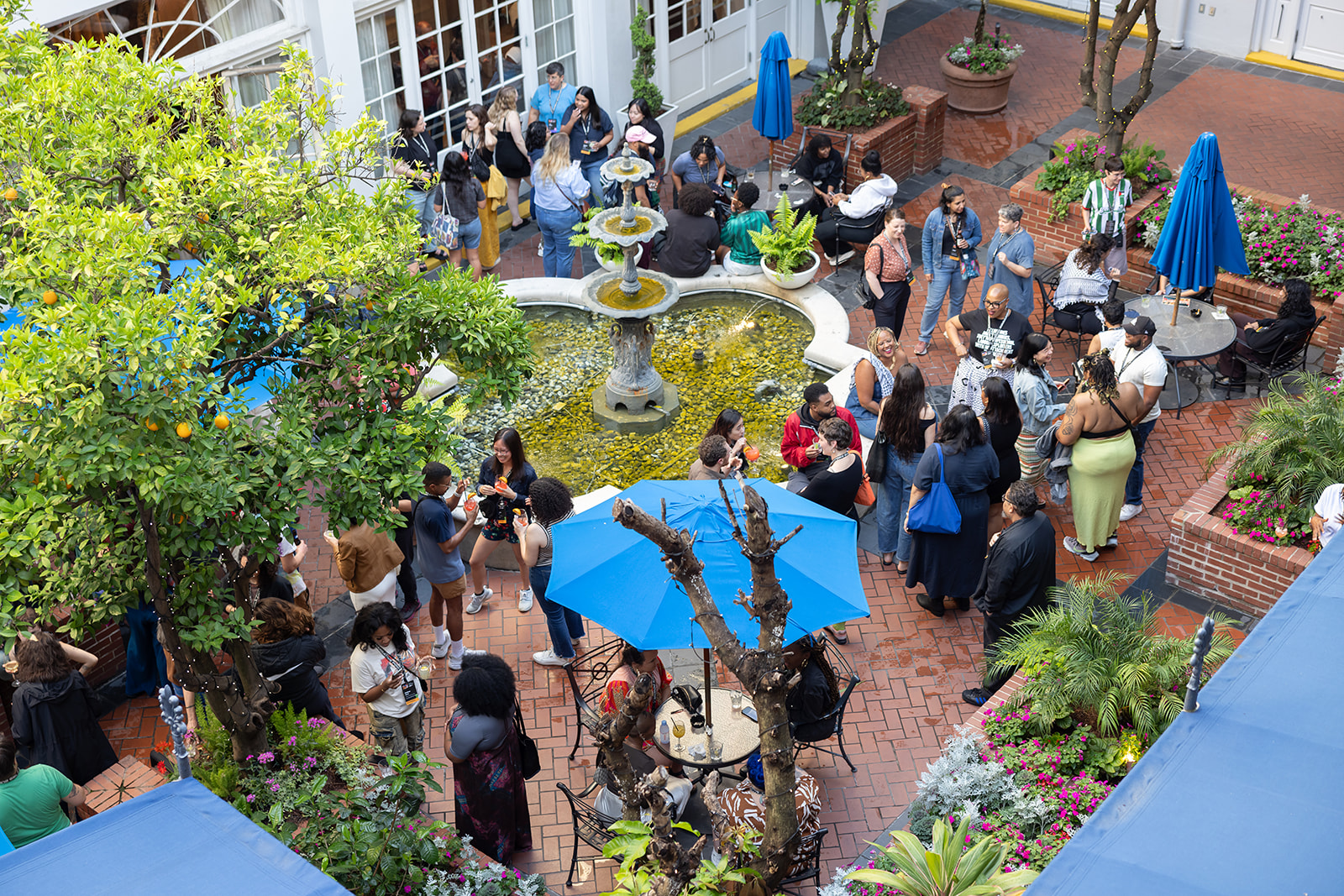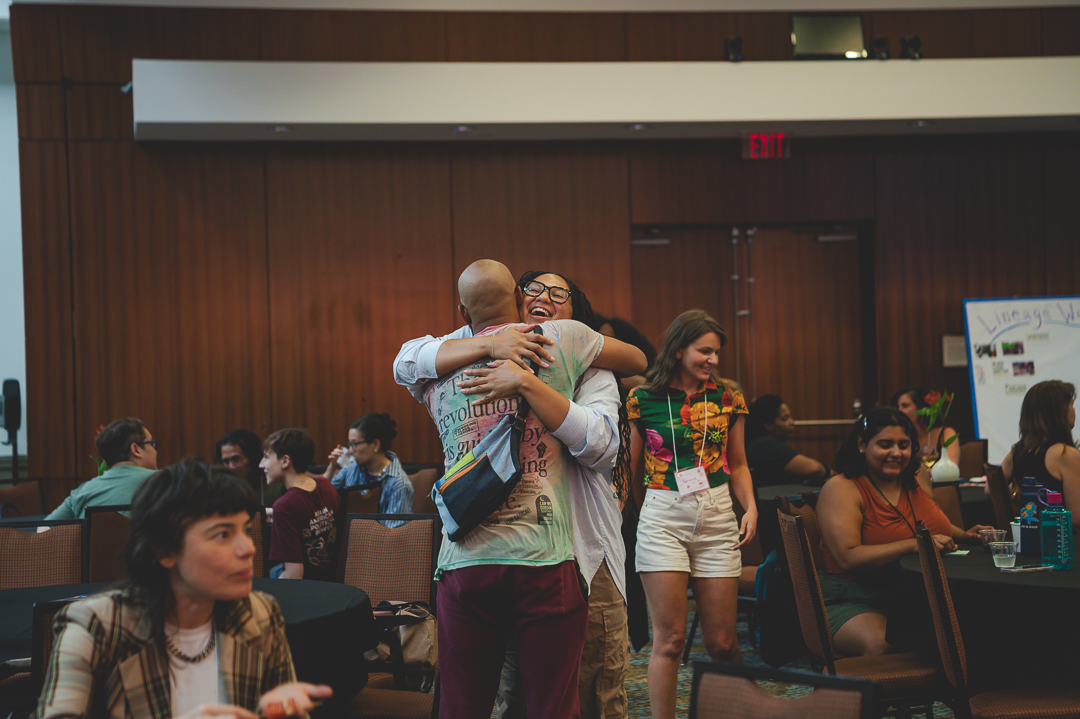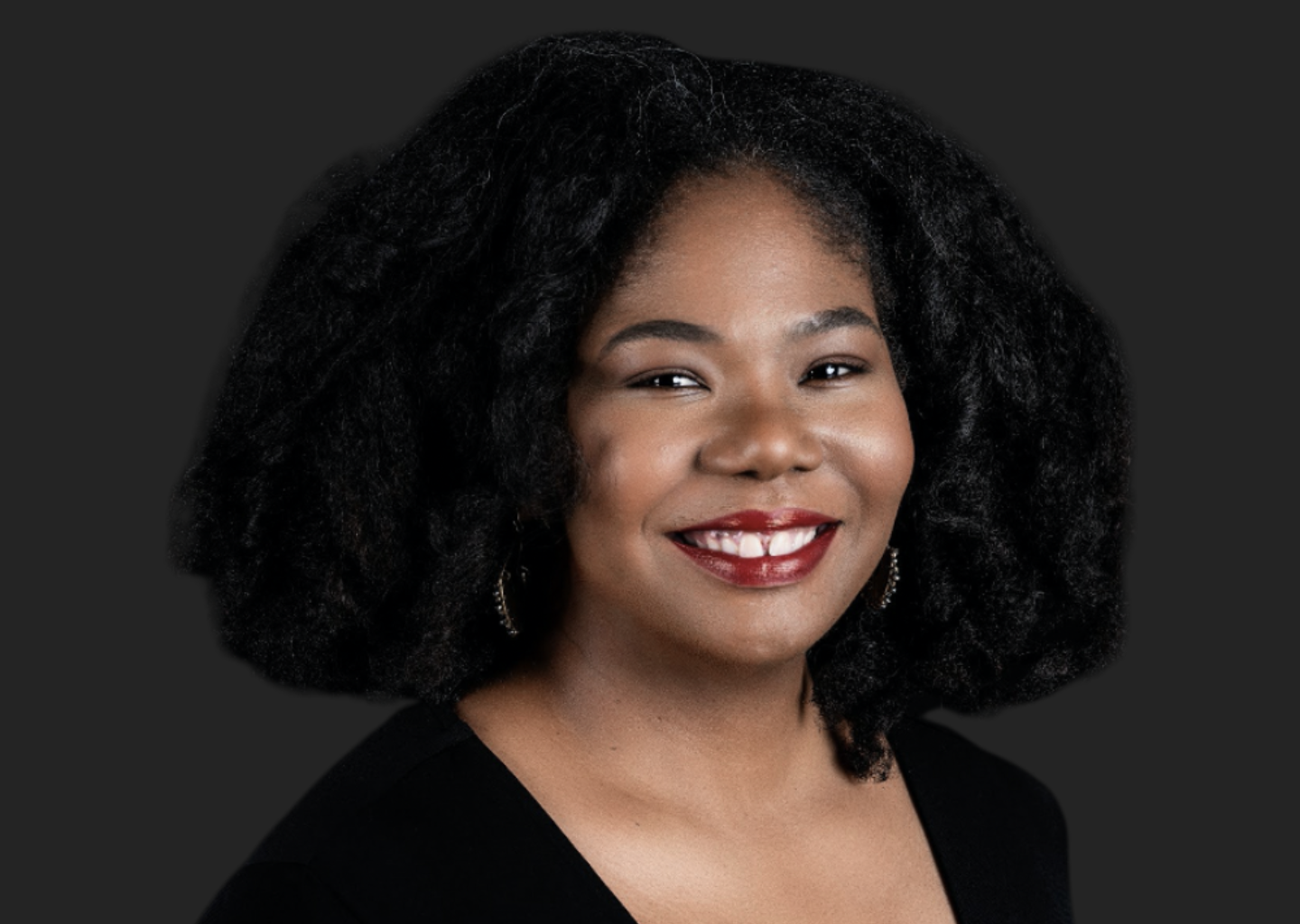Jung Hee Choi is a Senior Advisor and mentor for ReFrame and the Associate Director for Communications and Policy Strategies for Power California.

What are the exciting narrative interventions you see happening?
Some of the most exciting narrative interventions I see happening right now are about the rising power and leadership of women of color and young people, particularly young people of color. In this last election, it was amazing to see women of color and young people really own their political power and what happens when they do. This is the most diverse, youngest and most female Congress we have ever had. And their elections were fueled by women and young voters, particularly voters of color, turning out in record numbers. The leadership of new younger women of color like AOC (Alexandria Ocasio-Cortez), Ilhan Omar and or Ayanna Pressley is urgent, unapologetic, bold and exciting to watch. But it’s not just about them. Their elections and leadership represent a larger political and narrative shift that is happening and being pushed by young people on the ground who are leading a mix of social movements. The politics and leadership of AOC, Ilhan and Ayanna don’t exist without the leadership of the young people in the Black Lives Matter movement, Dreamers and anti-deportation organizers fighting for immigrant rights and the young activists demanding urgent action on climate change and gun violence.
Power California did a poll of over 2,000 young people of color last year, and it showed that young people valued voting as the most important way they can make change while at the same time reporting high rates of participation in protests/marches, boycotting and other forms of action. In essence, organizing in the streets and organizing at the polls are being seen less and less as an either/or. Instead, young people are understanding them as part of the same spectrum of strategies to build power for our communities.
What should people in the movement be thinking about or doing right now?
We should continue to think of how we offer a different vision of the world and leadership our country needs, and what power we need to make our vision a reality. It’s never been more important for us go beyond resistance but to offer a vision of a safe and just world where we all have safe harbor from violence, where we all thrive along with our planet, and where we all take care of one another. At every level, we need to think about how we make our vision a reality – from the policies and systemic change we fight for, to the people we elect, all the way to the stories we tell to win hearts and minds.
What do organizers need to know about communications in this moment?
I would say that there is more focus on communications and narrative strategies in the movement than ever before. More and more organizations are investing in it. There are more communications strategists and positions in organizations. Funders are now all about it. While that it is exciting and needed, fighting to shift narrative – in essence to shape how people think about the world – is nothing new. Current and past generations of organizers have been fighting for narrative power – whether we called it that or not. What also hasn’t changed is that the people directly impacted by the systems we seek to change and the people on the front lines fighting for the world we seek, should still lead our movement and the narrative strategies that tell the world what we are fighting for.
What organization is doing really inspiring work?
On the national level, I love what National Domestic Workers Alliance (NDWA) and the new [women’s organizing group] Supermajority are doing. Building an intersectional, feminist movement led by women of color is amazing. I love the mixing of traditional organizing, narrative change and culture strategies to build power and visibility. On a regional level, I love what’s happening in my home state of California. The past two decades of organizing have led to the transformation of California. Less than three decades ago, our state was the leader of racist, anti-Black and brown, and anti-youth policies. While California is far from perfect, it is no longer a source of hateful, harmful policies or political leaders who crafted laws like Proposition 187, 227 or Prop 21. Instead, it’s leading in immigrant integration, criminal and juvenile justice reform, among other things. And now we are taking on corporate power. Because of Million Voters Project and other community and labor groups, California voters have a chance to end a corporate property tax loophole that has stolen billions from our schools and communities. Creating and getting the Schools and Communities First initiative on the 2020 ballot was led and advanced by on-the-ground racial and social justice organizations. If passed, it will signal a check on corporate power and the rise of community power. The deep hard organizing work that has led to transformation of California gives me a tremendous amount of hope.







































.jpeg)


.png)

%20(1).png)




























